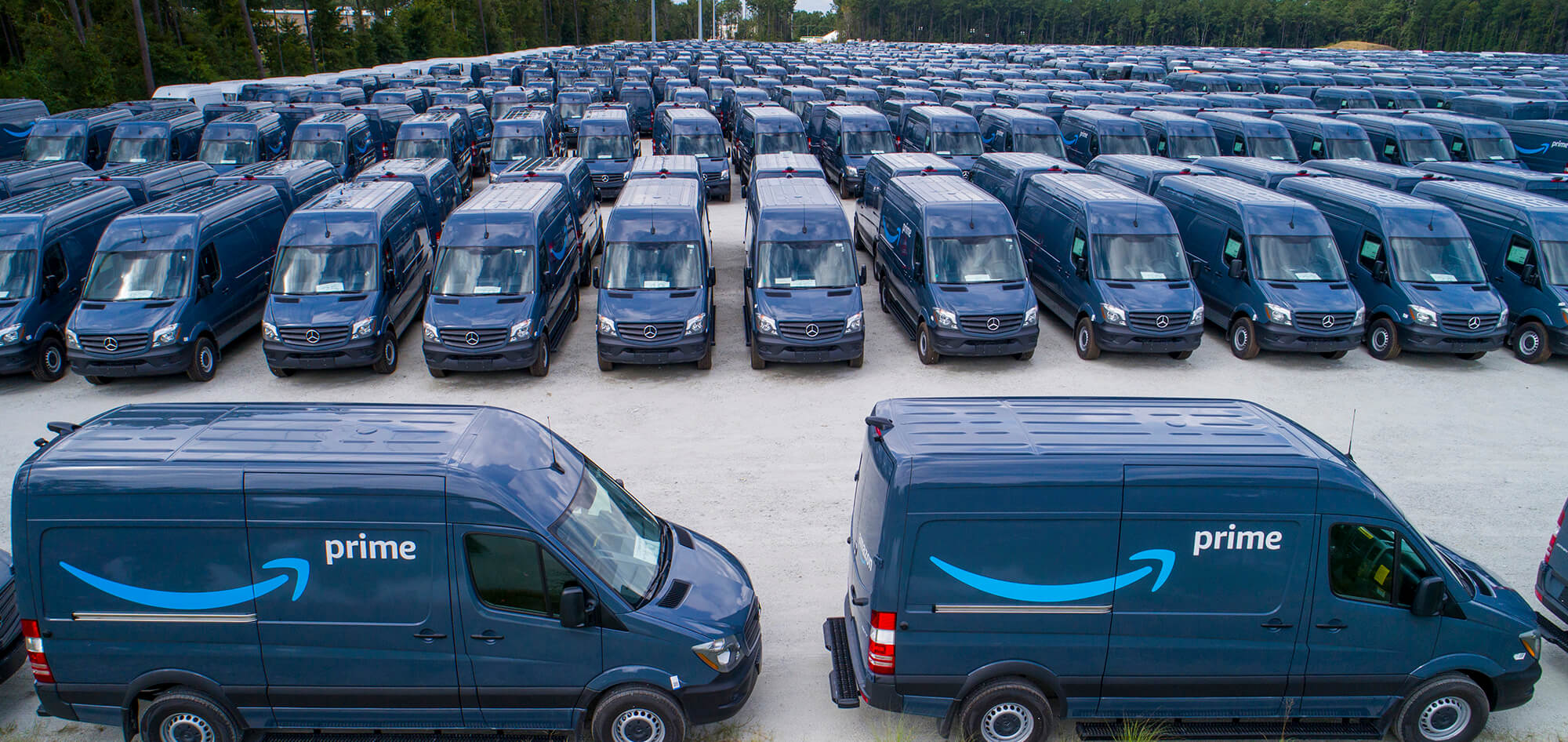Does Prime Day Schedule Signal Return to “Normal”?

Amazon’s official announcement that its annual Prime Day(s) sales event will take place June 21-22 surprised few in the marketplace; the dates had been publicly speculated on for several weeks, and obviously suppliers and brand owners needed to be, er… primed for an event that’s less than three weeks away.
Prime Day will take place for members in the U.S., U.K., United Arab Emirates, Turkey, Spain, Singapore, Saudi Arabia, Portugal, Netherlands, Mexico, Luxembourg, Japan, Italy, Germany, France, China, Brazil, Belgium, Austria, and Australia. Because of current COVID-19 conditions, it’s being postponed in Canada and India.
Summer Tentpole
The late June dates position Prime Day more closely to its previous incarnations as a tentpole to the summer sales season. Until last year, it had taken place in July.
But with pandemic-driven supply chain and consumer disruptions last year, it got pushed to October and in the eyes of many, became more of an early launch of the holiday season than a standalone sales spectacular. Amazon even published its holiday gift guides a few days before Prime Day and, of course, other retailers fought hard for those consumer dollars by scheduling their own blockbuster events at the same time.
Frontloading Holiday in 2020?
Ultimately, it was an open question whether Amazon and the others had generated incremental sales in October or merely frontloaded the holiday business. (Another open question is whether the holiday sales season resumes a more traditional rhythm in 2021.) At the time, though, it provided a significant boost to sales volume for its own business and 3rd party affiliates.
Digital Commerce 360 estimated that Amazon Prime Day 2020 sales jumped 45% to $10.4 billion.
As always, Prime Day’s “over 2 million deals around the world” (and other retailers’ competitive efforts, such as Walmart’s “Deals for Days” and Target’s “Deal Days”) will bring “lots of eyes and lots of sales volume” to many of its brand owners and suppliers, says one longtime licensing executive.
But to maximize the benefits, he adds, those companies are faced with the challenge of “breaking through the clutter, in much the same way they try to break through the clutter for Black Friday” via stepped up advertising and marketing expenditures that eat into the direct profitability of the effort. “You’re not losing, but you’re just not making as much as you thought you would” given the sales volume.
On the other hand, it can pay dividends down the line, with “brand visibility that leads to sales.”




